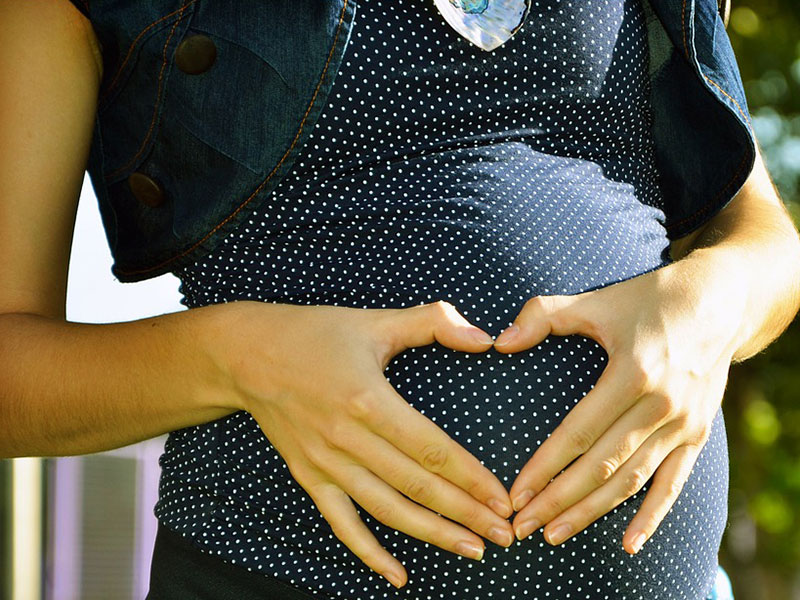In der zweiten Hälfte des weiblichen Zyklus werden in den Eierstöcken große Mengen des Gelbkörperhormons Progesteron produziert, um die Gebärmutter auf die Einnistung der befruchteten Eizelle vorzubereiten. Auch die Aminosäure Arginin spielt dabei eine wichtige Rolle. Gleichzeitig beeinflusst sie eine zentrale Schaltstelle im Immunsystem. Grazer ForscherInnen konnten nun erstmals zeigen, dass mit dem Ansteigen des Progesterons kurz nach dem Eisprung die Arginin-Konzentration im Blut sinkt, was dazu beiträgt, dass das Immunsystem der Frau auf eine erfolgreiche Schwangerschaft vorbereitet und der Fötus nicht abgestoßen wird. Die Arbeit, die unter anderem in Hinblick auf Kinderwunsch von Bedeutung ist, wurde in der aktuellen Ausgabe des renommierten Fachjournals PLOS ONE publiziert.
Für die Studie, die Teil des EU-Projekts BIOCLAIMS unter der Leitung von Brigitte Winklhofer-Roob an der Universität Graz und Johannes Roob an der Medizinischen Universität Graz ist, wurde das Blut von 28 Frauen an jeweils vier Zeitpunkten während des Zyklus untersucht. Dabei stellten die WissenschafterInnen starke Hinweise auf einen progesteronabhängigen Verbrauch von Arginin fest: „Die Arginin-Konzentrationen waren in der zweiten Zyklushälfte um durchschnittlich 30 Prozent niedriger als in der ersten“, berichtet Gernot Faustmann, Erstautor der Publikation. Außerdem war zu erkennen: je höher der Progesteron-Anstieg, umso stärker der Abfall des Arginin.
Da die Aminosäure zum Aufbau der Gebärmutterschleimhaut beiträgt, könnte vermutet werden, dass niedrige Arginin-Werte negative Auswirkungen in Bezug auf die Einnistung des Embryos haben. Die Grazer ForscherInnen entdeckten aber erstmals einen anderen wesentlichen Zusammenhang: „Unsere Ergebnisse weisen darauf hin, dass die Abnahme des Arginins keine Mangelerscheinung, sondern physiologisch notwendig ist, um den weiblichen Körper immunologisch auf eine bevorstehende Schwangerschaft vorzubereiten“, erklärt Faustmann. „Man spricht dabei von der Feto-Maternalen Immuntoleranz, deren perfekte Feinabstimmung als Voraussetzung für eine erfolgreiche Schwangerschaft gilt.“ Die Arginin-Konzentrationen beeinflussen unmittelbar die Aktivierung des Transkriptionsfaktors „Nuclear factor-kappa B“, eines Signalmoleküls des Immunsystems. Durch den niedrigen Arginin-Spiegel werden gewisse Immunreaktionen unterdrückt, damit sie sich nicht gegen den Embryo wenden“, fasst der Molekularbiologe zusammen.
Publikation
Progesterone-associated arginine decline at luteal phase of menstrual cycle and associations with related amino acids and nuclear factor kB activation
Gernot Faustmann, Andreas Meinitzer, Christoph Magnes, Beate Tiran, Barbara Obermayer-Pietsch, Hans-Jürgen Gruber, Josep Ribalta, Edmond Rock, Johannes M. Roob, Brigitte M. Winklhofer-Roob
PLOS ONE, DOI: 10.1371/journal.pone.0200489
Wednesday, 11 July 2018
